Hiring a professional web app development company will help you understand your business and provide an accurate quote. Careful planning and collaboration with experts can result in a significant return on investment, reducing the cost of website development and startups while achieving your business objectives.
But the million-dollar question is why your startup needs a website. So, tell yourself that the website is helping startups achieve their goal of becoming unicorns! The Internet is the most effective strategy for reaching millions of potential customers worldwide, and a website remains one of the most cost-effective ways to propel your company to new heights.
Estimate the cost of web application development, ranging from $4,000 to $300,000 or more. The cost is flexible because it is determined by the complexity of the app and the amount charged by developers.
This article will examine the tips and strategies for reducing website development Atlanta costs in 2024.
How to Reduce High Website Development Costs for Startups in 2024:
Below is the list of the following tips and strategies for reducing high website development costs for startups in 2024:
1. Understanding Your Needs

Before you start the e-commerce website development process, you must clearly understand your requirements and goals. Take the time to define your website's target audience, purpose, and the features and functionalities you require. Outlining your requirements allows you to avoid unnecessary expenses and focus on what truly matters.
2. Plan and Research

Proper planning and research are essential in reducing website development Atlanta costs. Take the time to look into various website development options, such as hiring a freelance developer or working with a web development agency. Compare prices, read reviews, and assess their portfolios to determine the best fit for your budget and needs.
3. Utilize open-source platforms and templates
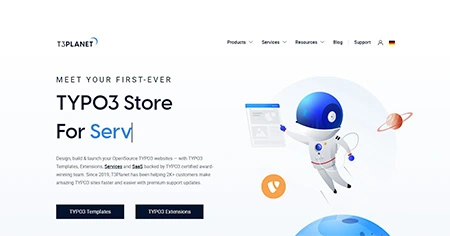
Using open-source platforms and templates is an effective way to reduce website development costs. Content management systems (CMS) such as WordPress, Joomla, and Drupal provide numerous customizable templates and themes. These platforms are reasonably priced and provide a solid foundation for your website without requiring extensive custom coding.
4. Choosing the Right Development Approach

Choosing the appropriate development methodology can significantly impact project costs and efficiency. Agile and Waterfall are two popular approaches, each with benefits and drawbacks.
Agile Methodology: Agile is an iterative and adaptable methodology that allows continuous feedback and adjustments throughout development. This adaptability can better align with business needs and customer expectations, lowering the likelihood of costly project overruns.
Waterfall methodology: Waterfall is a linear and structured approach in which each development phase must be completed before the next can begin. This can provide a clear roadmap with well-defined deliverables, making it easier to manage and plan.
5. Consider outsourcing and offshoring.
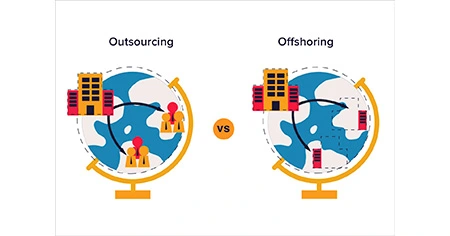
Outsourcing and offshoring website development Atlanta can be cost-effective, especially with a limited budget. Many countries provide competitive rates for web development services, resulting in high-quality work at a low cost. However, extensive research and due diligence must ensure reliability and quality before selecting an offshore development team.
6. Efficient Resource Management
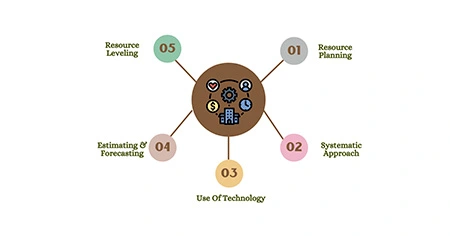
Exploring various talent pools is one effective way to reduce website development and startup costs. Consider hiring remote developers or freelancers with competitive rates compared to local talent.
Platforms such as Upwork, Freelancer, and Toptal allow you to connect with skilled professionals worldwide. Additionally, participating in coding boot camps or collaborating with universities can provide access to new talent at a lower cost.
Cross-functional teams consist of people with various skills. They can work on numerous aspects of the project simultaneously, reducing the need for multiple specialists and shortening handoff delays, resulting in faster and more efficient development.
7. Collaborate with Professional Developer

While outsourcing can be cost-effective, working with a professional developer or a web development agency can provide numerous benefits.
Collaborating with experts can help you create a high-quality website that meets your requirements. Professional developers can optimize your website design for speed, efficiency, and user experience, saving you money in the long run.
8. Prioritize essential features

When creating your website, prioritize essential features and functionalities. Avoid unnecessary add-ons and concentrate on what is required to achieve your objectives. You can cut development time and expenses by keeping your website lean and streamlined. Remember that you can add new features as your website grows and expands.
9. Smart Budgeting and Financial Planning

Effective budgeting and financial planning are critical startup cost-cutting strategies. This involves:
Detailed Budget Forecasting: Creating a comprehensive budget that accounts for all potential expenses is critical for keeping development costs in check. This budget should account for everything from salaries and equipment to marketing and unexpected expenses.
Use tools and templates designed specifically for budget planning. These resources can assist in defining expected costs, categorizing expenses, and identifying areas where costs can be reduced or managed more efficiently. If you're a Jira user, you can integrate Smart Templates for Jira to organize and standardize your budget planning directly within your project management environment.
Monitoring and Adjusting: Regular expense tracking is critical to keeping the budget on track. Startups should regularly review their financial statements, comparing actual expenses to budget to identify discrepancies.
Adjusting the budget as needed enables startups to deal with unexpected costs or changes in project scope. This proactive approach helps to avoid overspending and ensures that funds are allocated efficiently.
10. Optimize for Performance

Web major performance significantly affects user experience and search engine rankings. Slow-loading websites can drive away visitors and increase bounce rates. Optimize your website's performance by compressing images, minifying code, and implementing caching techniques. By improving page load times, you can increase user satisfaction while lowering the overall cost of website development.
11. Utilizing Grants and Incentives

Companies are encouraged to invest in innovation through R&D tax credits, which provide financial incentives for research and development activities. These credits help to reduce the overall cost of developing new products or technologies.
R&D tax credits can help startups save money by lowering their tax liability or, in some cases, providing a refundable credit. This can free up resources to be reinvested in future development or other business operations.
12. Regular Website Maintenance

Website maintenance is essential for keeping your site secure and up to date. Regular updates to plugins, themes, and the CMS can prevent security flaws and ensure peak performance. Investing in website maintenance will save you money on future repairs and disruptions.
13. Use cloud services
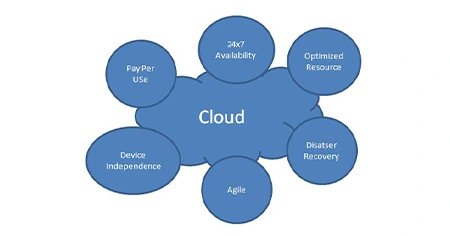
Cloud computing provides significant benefits for startups seeking to reduce development costs.
Cost savings: Cloud services use a PAYGM (pay-as-you-go) model, allowing startups to scale their usage based on current needs.
This flexibility helps to reduce startup costs by eliminating unnecessary expenses and optimizing resource utilization.
Scalability and Flexibility: Cloud platforms enable startups to quickly scale their resources up or down, ensuring that they only pay for what they use. This elasticity is especially useful for businesses that experience fluctuating workloads or plan for rapid growth.
Accessibility and Collaboration: Cloud services provide remote access to data and applications, allowing team members to collaborate regardless of location. This is especially useful for startups with distributed teams or flexible working arrangements.
14. Content management system for easy updates
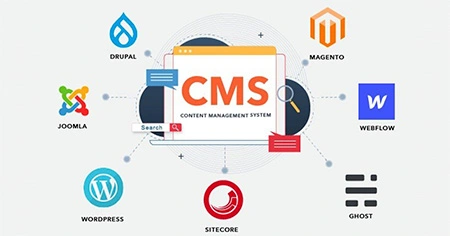
You must avoid locking yourself into expensive ongoing maintenance of your startup websites. Some tools on the market can help your staff manage the website more efficiently and accurately. These tools are simple to learn and maintain. Let's look at a few essential factors.
Content updates: A content management system, such as WordPress, allows non-technical staff to manage your portal's content, such as blog posts, texts, images, and videos. This can significantly reduce reliance on core developers for minor updates. As a result, your core team can focus on more complex tasks and strategic web development.








